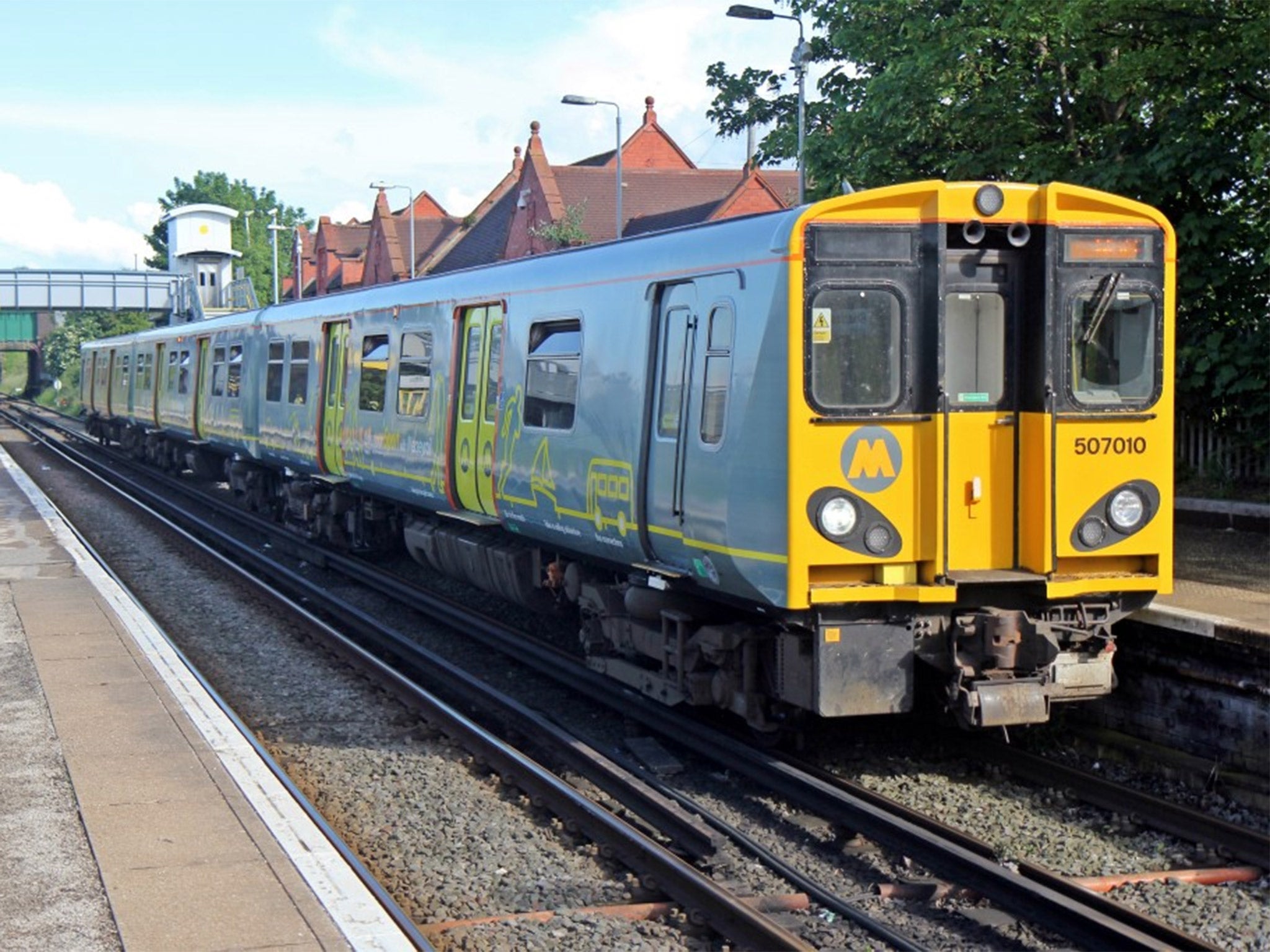Strikes like Monday's could see trains cancelled by the wrong struggle for socialism
For the RMT, this struggle is existential, not ideological. As the union, the guards, the train operators and the government know, the row is really about eliminating some of the many inefficiencies that keep fares and subsidies higher than they need to be


Your support helps us to tell the story
From reproductive rights to climate change to Big Tech, The Independent is on the ground when the story is developing. Whether it's investigating the financials of Elon Musk's pro-Trump PAC or producing our latest documentary, 'The A Word', which shines a light on the American women fighting for reproductive rights, we know how important it is to parse out the facts from the messaging.
At such a critical moment in US history, we need reporters on the ground. Your donation allows us to keep sending journalists to speak to both sides of the story.
The Independent is trusted by Americans across the entire political spectrum. And unlike many other quality news outlets, we choose not to lock Americans out of our reporting and analysis with paywalls. We believe quality journalism should be available to everyone, paid for by those who can afford it.
Your support makes all the difference.The RMT strike on Merseyrail and Northern against plans for driver-only-operation of trains proved less effective at stopping passengers getting where they needed to be.
The union’s general secretary, Mick Cash, called it “a massively successful operation”. But a skeleton service kept running on many lines — as it did on Southern, where union members stopped work for the 30th day in less than a year in a bitter dispute about the role of guards.
“This strike is about safety,” says Cash on the subject of the now-national campaign. The RMT insists that only if a guard operates the doors will the travelling public be safe. The union is perfectly entitled to take that view, even though it runs contrary to the assertions from, among others, the Office of Rail and Road.
Earlier this year, the ORR concluded: “With suitable equipment, procedures and competent staff in place the proposed form of train dispatch intended by GTR-Southern meets legal requirements for safe operation.”
So could there possibly be something going on? Well, as Cash makes clear in his column in the union magazine, RMT News, “These battles are part of a vision for a different kind of society.”
Almost the first line of the RMT’s rule book commits the union “to work for the supersession of the capitalist system by a socialistic order of society”. Again, that is a fair aim for a politically active trade union. But the passenger turned away from one of the 23 Merseyrail stations that were closed by the strike can be forgiven for being confused about whether the dispute is over safety or part of a wider campaign to overthrow capitalism. What’s that coming down the track: Trotsky the Tank Engine?
For the RMT, this struggle is existential, not ideological. As the union, the guards, the train operators and the government know, the row is really about eliminating some of the many inefficiencies that keep fares and subsidies higher than they need to be. Of all the options for harnessing technology to modernise the railways, arguably the easiest win is driver-only-operation.
With only one safety-critical person, the driver, in charge of a train, are potential risks to passengers higher? Yes. In a perfect world, every single carriage would have a guard, and for good measure why not a couple of paramedics and a social worker?
Are the risks of driver-only-operation tolerably low? Yes, as millions of passengers demonstrate every day on underground and overground lines across Britain.
By spreading the strike to Merseyrail and Northern Rail, the union is itself taking a big risk. The public may start asking awkward questions about the millions pumped into an inefficient operation.
The latest ORR figures show that Northern Rail is by far the most heavily subsidised large train franchise in Britain. Last year the subsidy paid per passenger mile rose by 12 per cent to over 35p per mile — six times the national average. And last year the taxpayer handed out £2.50 for each journey made on Merseyrail. Most of the subsidy is paid by people who never go near a train, be it Northern, Southern or the 5.16 across the Mersey to Birkenhead Central.
Add in the fares paid, and it starts to make sense to send passengers in groups of two or three by car rather than by rail. No more would travellers see trains cancelled by the wrong kind of struggle for socialism. The union's campaign to overthrow capitalism could be seen off by Uber.
Join our commenting forum
Join thought-provoking conversations, follow other Independent readers and see their replies
Comments